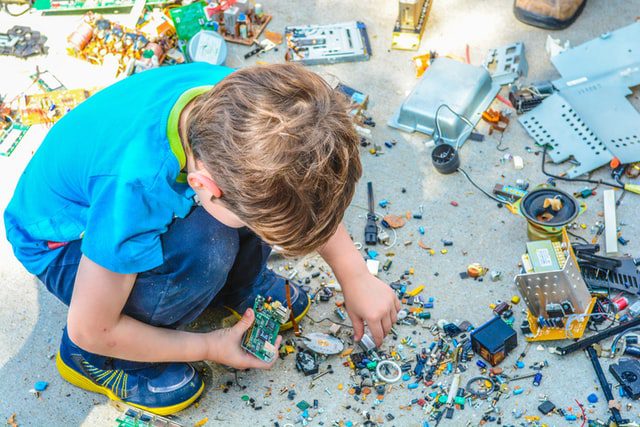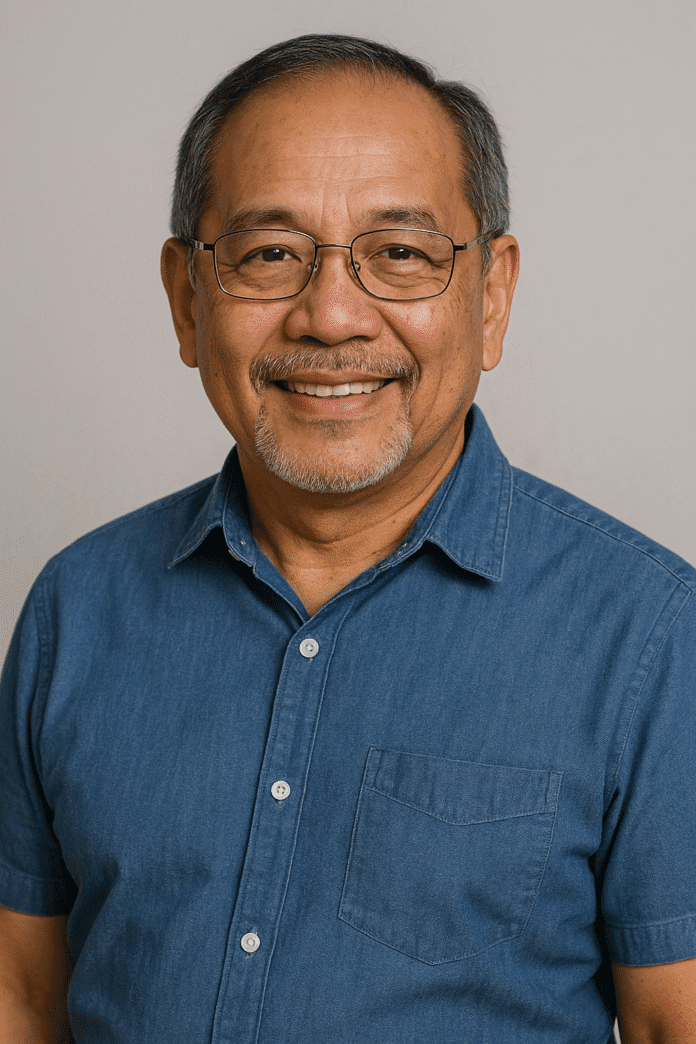A pediatrician is a doctor who deals with children and their diseases. A developmental pediatrician is the one who is specialized in child development. Also called development-behavioral doctors, they deal with infants and young adults. Such doctors cater to conditions regarding development, behavior and learning issues.
Humans are complex beings. Our development is a lifelong process. It involves different stages of physical, mental, behavioral and emotional milestones. Everyone is an individual and we cannot expect people to achieve each milestone as a marked target. But standard healthy development has some tangible benchmarks and a delay in any one of them could be indicative of growth and development differences. A developmental doctor can help with this – they can help parents to keep a check on these milestones for children.
Training For Developmental Pediatricians
Developmental pediatricians are medical doctors. They complete the following degrees before getting their license:
- Four years of medical school
- Three years of residency training in pediatrics
- Board certification in paediatrics
- A subspecialty training in developmental pediatrics
Pediatricians have to pass an exam for certification in the developmental-behavioral field. It is a mandatory exam by the American Board of Pediatrics if you are a US-based doctor.
What Does A Developmental Pediatrics Do?
A developmental pediatrician handles the:
- evaluation and assessment of your child’s abilities
- analyzing and identifying the problem at hand (if any)
- treatment of children
For a wide range of developmental and behavioral conditions, they help guide parents and caretakers to provide to their best ability for the children in their care. There are many fields where a developmental pediatrician delivers their expertise. Some of them include:
- Learning disorders – for example, reading difficulties, writing troubles and other learning problems regarding academics
- Attention and behavioral disorders – this may include ADHD, depression and anxiety
- Habit disorders – such as tics including motor and vocal disorder, tourette syndrome, etc.
- Regulatory disorders – such as sleep disorders, feeding and eating problems, discipline difficulties, issues in toilet-training, bedwetting and soiling
- Developmental disabilities – including serious conditions like cerebral palsy, spina bifida, any intellectual disability, autism and visual and hearing deficiencies
- Delayed development – as in speech, language, motor skills and thinking ability
- Behavioral and developmental problems – dealing with chronic illnesses and disabling conditions in children as genetic disorders, epilepsy, diabetes, asthma, cancer and so on
How Do Developmental Pediatricians Work?
A developmental pediatrician may work in a hospital or a clinic. They may run their own private practices. Most often, schools and rehabilitation centers have access to such a doctor. They can collaborate with the developmental pediatrician when required.
If you are a parent, ask for a developmental pediatrician if you’re concerned about your child. Parents should know they are not alone when it comes to handling complicated situations regarding their kids. A developmental doctor may help them identify an issue that they didn’t know existed. It is vital to identify any developmental delays or behavioral problems in your child because early detection results in early treatment, which goes a long way in child development and growth.
A developmental doctor never works alone. They have a team of professionals. The team may include:
- a psychologist
- child psychiatrist
- a child neurologist
- a speech pathologist and therapist
- an occupational therapist
- a physical therapist
- an educational therapist
- a clinical social worker
The most important team members of a developmental pediatrician are the parents, families and teachers. All work in close collaboration with the developmental pediatrician. An integrated approach creates a supportive environment for the child. The efforts also train and educate the family members on helping the child grow to the best of their abilities. It helps start a continuous cycle of growth and learning for all the parties involved.
How Do You Know If Your child Needs A Developmental Pediatrician?
It is the responsibility of the parents to identify if their child needs an appointment with a developmental doctor. Sometimes, the teachers at school may point out a situation. At other times, it may be your pediatric or family doctor who refers you to a specialist. Here are some indications to book an appointment:
- The child shows an absent or inadequate eye contact
- The child may not respond appropriately being his/her name called out
- If you notice a delay in speech, language, or other motor skills
- If the child shows difficulties in regular behaviors like sleeping, feeding and toilet-training
- If school reports show poor performance and teachers identify reading, writing, or comprehension difficulties
- If the child shows deficits with attention spans or displays hyperactivity
As a parent or a caretaker, if you see your child exhibit any such developmental limitations, do not panic. Rest assured that a developmental pediatric can set up a range of tests and observations before making a diagnosis. Treatment may follow after making a careful and detailed analysis of your child.
The pediatrician sometimes offers a sequence of tests as part of the evaluation. These include:
- Taking a detailed history of your child about all the developmental milestones and all
- Doing a medical exam; physical, cognitive tests, blood tests if required
- Spending time with your child for proper observation and evaluation
- Presenting your child with different settings to observe any behavioral lacks
- Pursuing feedback from school and daycare facilities
Remember, diagnosing your child with any developmental and behavioral disturbance is an important deal. A developmental pediatric is trained to make a vigilant analysis in this regard. They are not only responsible for identifying a condition but also goes a long way to help you cope as a parent with tools and treatment to help you a little more with the upbringing and care of such a child.








